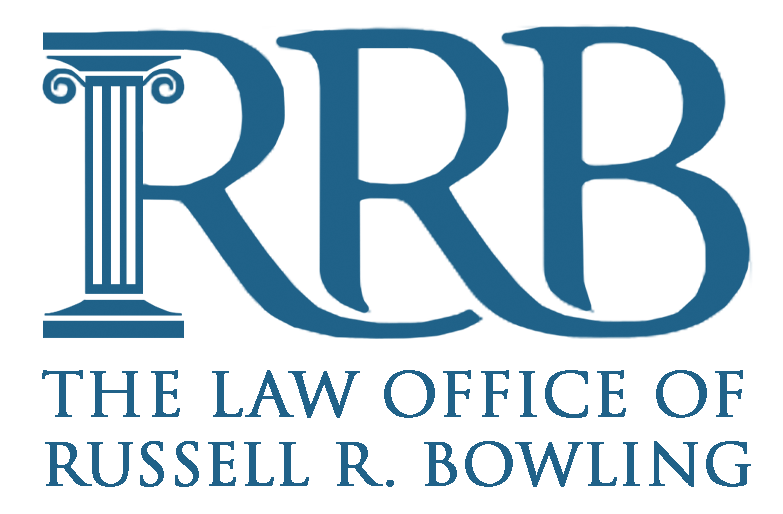ARTICLES & FAQs
Can my Social Security Disability benefits be garnished or seized to pay my debts?
In most situations involving non-governmental creditors, the answer is NO. Social Security Disability, Supplemental Security Income, Railroad Retirement pensions, Veterans Benefits, and other types of federal benefits are all exempt from the collection efforts of most creditors such as mortgage lenders, auto loans, and credit card companies. Section 207 of the Social Security Act prohibits such creditors from garnishing or seizing your Social Security benefits to satisfy your debts.
The federal government’s ability to protect your benefits ends once the benefits have been paid to you; however, the benefits remain protected as long as they can be identified as federally protected funds. In some situations, problems can arise when a creditor attempts to satisfy a debt by obtaining a court order to seize funds in a bank account that contains both federally protected benefits such as Social Security disability as well as other income and funds. If your bank account contains your Supplemental Security Income or other federal benefits, in addition to other income or funds, then you may have difficulty proving the amount of federal funds in the bank account that should be exempt from seizure or garnishment. For this reason, we recommend that clients maintain a separate bank account that is used only for the deposit of your Social Security benefits or other federal benefits in order to ensure that those funds receive maximum protection from creditors. Another way to ensure that your federal benefits are protected from garnishment is to use the Direct Express prepaid debit card on which your Social Security disability and other federal benefits may be deposited.
Although most creditors cannot seize or garnish your Social Security benefits to satisfy your debts, the Federal government can garnish your Social Security benefits under certain circumstances such as to enforce child support or alimony obligations, collect unpaid federal taxes, or to satisfy court-ordered victim restitution.


